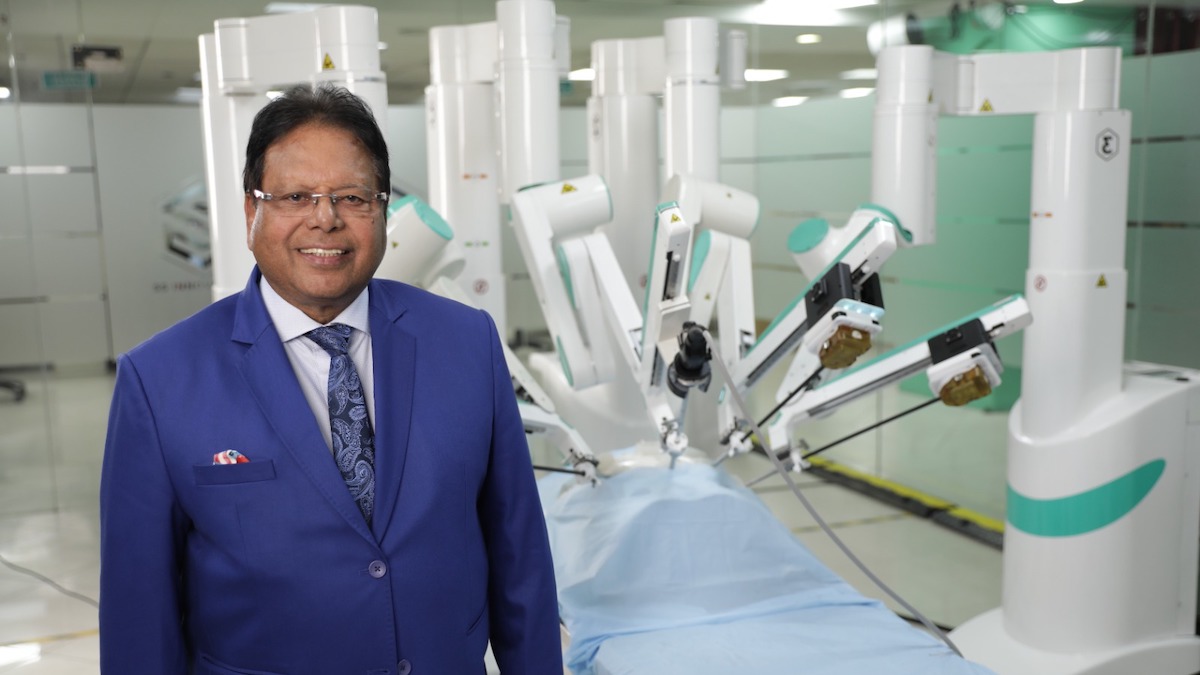
Autism is a neurodevelopmental disorder that is characterized by severe and pervasive impairment in reciprocal socialisation, qualitative impairment in communication, and repetitive or unusual behaviour (Diagnostic and Statistical Manual of Mental Disorders – IV, 2000). Anxiety, depression, delayed learning and other comorbid symptoms such as hypersensitivity, abnormal pain reactivity, self injury, seizures, socially inappropriate behaviors and sleep disturbances are quite prevalent among autistic children (Leyfer et al., 2006). Globally, autism has been estimated to affect 24.8 million people (Global Burden of Disease, 2015). Prevalence rate of autism in children (1-10 years of age) in India was found to be 0.9/1000 and the highest prevalence rate was observed in the rural area (Raina et al., 2015). Autism is caused by a combination of genetic and environmental factors (Chaste and Leboyer, 2012). Children with autism have been found to have inflammation of both peripheral and central immune systems (Onore et al., 2011). Hyperserotonimia is common in autistic children (Bhakare and Prafullata, 2016). Prenatal exposure to ethanol (Nanson, 1992), thalidomide and valproic acid increase the incidence of autism (Miyazaki et al., 2005).
Although no medicine has been identified to treat autism, pharmacological treatments can be effective in reducing its signs, such as self-mutilation, aggression, repetitive and stereotyped behaviors, inattention, hyperactivity, and sleeping disorders. Various psychoactive drugs such as antipsychotics, antidepressants, anti-anxiety drugs, psychostimulants and nootropics are the drug treatments for autism (Oswald, 2007). The antipsychotics such as risperidone and aripiprazole; antidepressants such as amitriptyline; anti-anxiety drugs such as buspirone have been reported to relieve some symptoms of autism (Hellings et al., 2017; Chugani et al., 2017). Psychostimulants such as methylphenidate may decrease impulsivity and hyperactivity in some autistic children (Pearson et al., 2013). Acetylcholinesterase inhibitors and nootropics such as donepezil and galantamine have been reported to significantly improve irritability, social withdrawal, and inattention in autistic children (Chez et al., 2003; Nicolson et al., 2006). Few plants such as Ginkgo Biloba extract EGb 761, St. John’s Wort and Panax ginseng showed some improvement in symptoms of autistic patients (Niederhofer, 2009a, b and c). Thus, new therapeutic options including gene therapy need to be explored for effective management of autism.(advt.)







